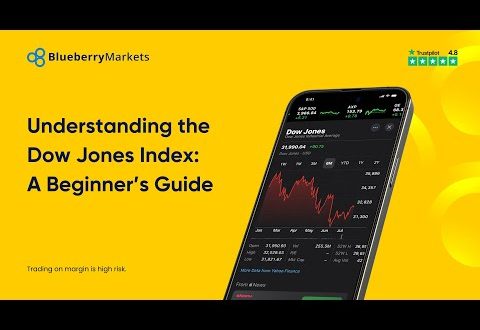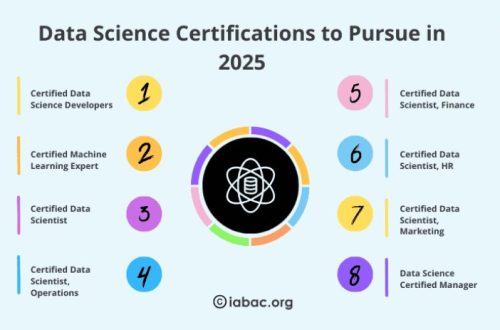In today’s data-driven world, the ability to extract information efficiently from Google searches is more valuable than ever. Whether you’re a researcher, marketer, or simply curious, understanding how to gather and analyze data from the world’s largest search engine can give you a significant edge. But let’s be honest, navigating the complexities of web scraping and data extraction can feel like trying to find a needle in a haystack. So, how do you do it effectively and ethically? Let’s dive into the best ways to extract data from Google searches in 2024.
Why Extract Data from Google Searches?
Why would anyone want to extract data from Google searches? Well, the reasons are as varied as the data itself! Think about it: market research, competitor analysis, lead generation, academic studies – the possibilities are endless. Imagine being able to track brand mentions, analyze search trends, or identify emerging opportunities, all powered by the vast ocean of information available on Google. It’s a goldmine waiting to be tapped, but how do you get to the gold?
Benefits of Google Search Data Extraction
- Market Research: Understand customer preferences and trends.
- Competitor Analysis: Monitor your competitors’ online presence and strategies.
- Lead Generation: Identify potential customers based on their search queries.
- Academic Research: Gather data for studies on various topics.
The benefits are clear, but the path to achieving them requires the right tools and techniques.
The Best Tools for Google Search Data Extraction in 2024
Okay, so you’re convinced that extracting data from Google is worthwhile. Now, what tools can you use? Luckily, there are several options available, each with its own strengths and weaknesses. From coding your own web scraper to using specialized software, the choice depends on your technical skills, budget, and the scale of your project.
Popular Data Extraction Tools
- Python with Libraries (Beautiful Soup, Scrapy): A flexible and powerful option for those with coding skills.
- Octoparse: A user-friendly, no-code web scraping tool.
- ParseHub: Another visual web scraping tool with advanced features.
- Apify: A cloud-based platform for web scraping and automation.
Choosing the right tool is crucial. Consider factors like ease of use, scalability, and cost.
Ethical Considerations for Google Search Data Extraction
Before you start scraping away, it’s essential to consider the ethical implications. Just because you can extract data doesn’t mean you should do it indiscriminately. Respecting websites’ terms of service, avoiding overloading servers, and protecting user privacy are paramount. Remember, responsible data extraction is key to maintaining a healthy online ecosystem.
Key Ethical Guidelines
- Respect robots.txt: This file specifies which parts of a website should not be scraped.
- Avoid overloading servers: Implement delays between requests to prevent disrupting website performance.
- Protect user privacy: Do not collect or store personal information without consent.
- Comply with terms of service: Adhere to the website’s rules and regulations.
Ignoring these guidelines can lead to legal trouble and damage your reputation. Is it really worth the risk?
Step-by-Step Guide to Extracting Data from Google Searches
Alright, let’s get practical. Here’s a simplified step-by-step guide to extracting data from Google searches, assuming you’re using a tool like Python with Beautiful Soup (adjust the steps based on your chosen tool):
Steps to Follow
- Install necessary libraries: `pip install beautifulsoup4 requests`.
- Send a request to Google: Use the `requests` library to fetch the search results page.
- Extract the desired data: Identify the HTML elements containing the data you want (e.g., search result titles, URLs, descriptions).
- Store the data: Save the extracted data to a file (e.g., CSV, JSON).
- Implement error handling: Handle potential errors like connection issues or changes in the website’s structure.
Remember to adjust your code based on the specific data you’re trying to extract and the structure of the Google search results page. Things change quickly online, so stay adaptable!
Frequently Asked Questions (FAQ)
Extracting data from Google searches in 2024 is a powerful capability, but it comes with responsibilities. By using the right tools, following ethical guidelines, and staying informed about changes in web scraping techniques, you can unlock valuable insights and gain a competitive advantage. Remember to always prioritize ethical considerations and respect the rights of website owners. The world of data is constantly evolving, so continuous learning is key. Embrace the challenge, and you’ll be well on your way to mastering the art of Google search data extraction. Good luck, and happy scraping!



